Greece is preparing to raise its minimum wage again, with a new rate expected to take effect on April 1, 2025. This would mark the fourth consecutive annual increase since 2022, following the government’s commitment to steadily improve incomes after a decade of austerity.
According to reports, the gross monthly minimum wage is expected to increase by 5% to 6%, from €830 to approximately €880, equating to a raise of €40 to €50. The final amount is expected to be confirmed this week by the Council of Ministers.
This increase aligns with the government’s mid-term goal to reach a minimum wage of €950 by 2027, as part of its broader economic plan, which also includes raising the average national wage to €1,500 by the same year. These targets have been reaffirmed by Prime Minister Kyriakos Mitsotakis and the Ministry of Labor since 2023. According to ERGANI, the national employment database, 575,000 workers currently receive the minimum wage and will directly benefit from the raise. The entry-level wage in the public sector is also expected to match the new minimum wage starting April 1, per the government’s announced policy.
Advertisement
You can close Ad in 1 s
However, challenges remain. Wage stagnation persists above the minimum level. In 2024, around 1.1 million workers earned under €1,000 per month, largely due to the limited scope of collective bargaining agreements, which were weakened during Greece’s bailout era. As of early 2025, only 26% of workers are covered by sectoral or collective agreements, despite the European Commission recommending 80% coverage by 2030.
Employer groups and economic institutions have urged caution in setting the 2025 rate. The Bank of Greece recommends a 4% increase (to €863.20), citing inflationary concerns and the need to maintain competitiveness. The Centre of Planning and Economic Research (KEPE) proposed a raise between 3% and 5%. The Tourism Enterprises Institute (INSETE) supports a 4.82% increase (to €870), pointing to external pressures such as the rising cost of imports. The Foundation for Economic and Industrial Research (IOBE) favors a 3.5% increase (€859), emphasizing the need to support smaller businesses, which form the backbone of the Greek economy.
From 2026, the government plans to standardize the minimum wage across public and private sectors, creating a unified national base wage. While this policy signals stronger alignment between sectors, it does not automatically solve the issue of wage compression—where salaries just above the minimum have not risen proportionally. Many employees still find themselves earning only slightly more than the base rate, without meaningful progression.
The key to broader wage growth may lie in revitalizing collective labor agreements, which once played a major role in determining sector-specific wages. However, the government has not indicated that it will fully restore the pre-crisis legal framework for collective bargaining—a demand made by labor unions and opposition parties such as SYRIZA and PASOK.
Achieving the government’s €1,500 average wage target by 2027 remains uncertain. Data from ERGANI shows that the average wage in 2024 was €1,342, while 46.3% of workers earned less than €1,000 per month. Reaching the target will require not only increases in the minimum wage but also broader improvements in productivity, labor demand, and sectoral wage negotiations.
For foreign observers, Greece’s wage developments signal a country seeking to balance economic recovery with social cohesion. The 2025 minimum wage hike, while modest in nominal terms, reflects a broader strategy of real income restoration following years of cuts, stagnation, and inflation. Whether this momentum can be sustained—and extended to middle-income earners—will be a key test of Greece’s post-crisis labor model.

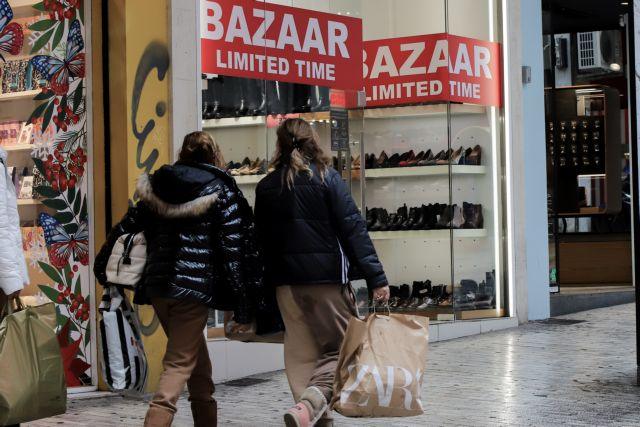

















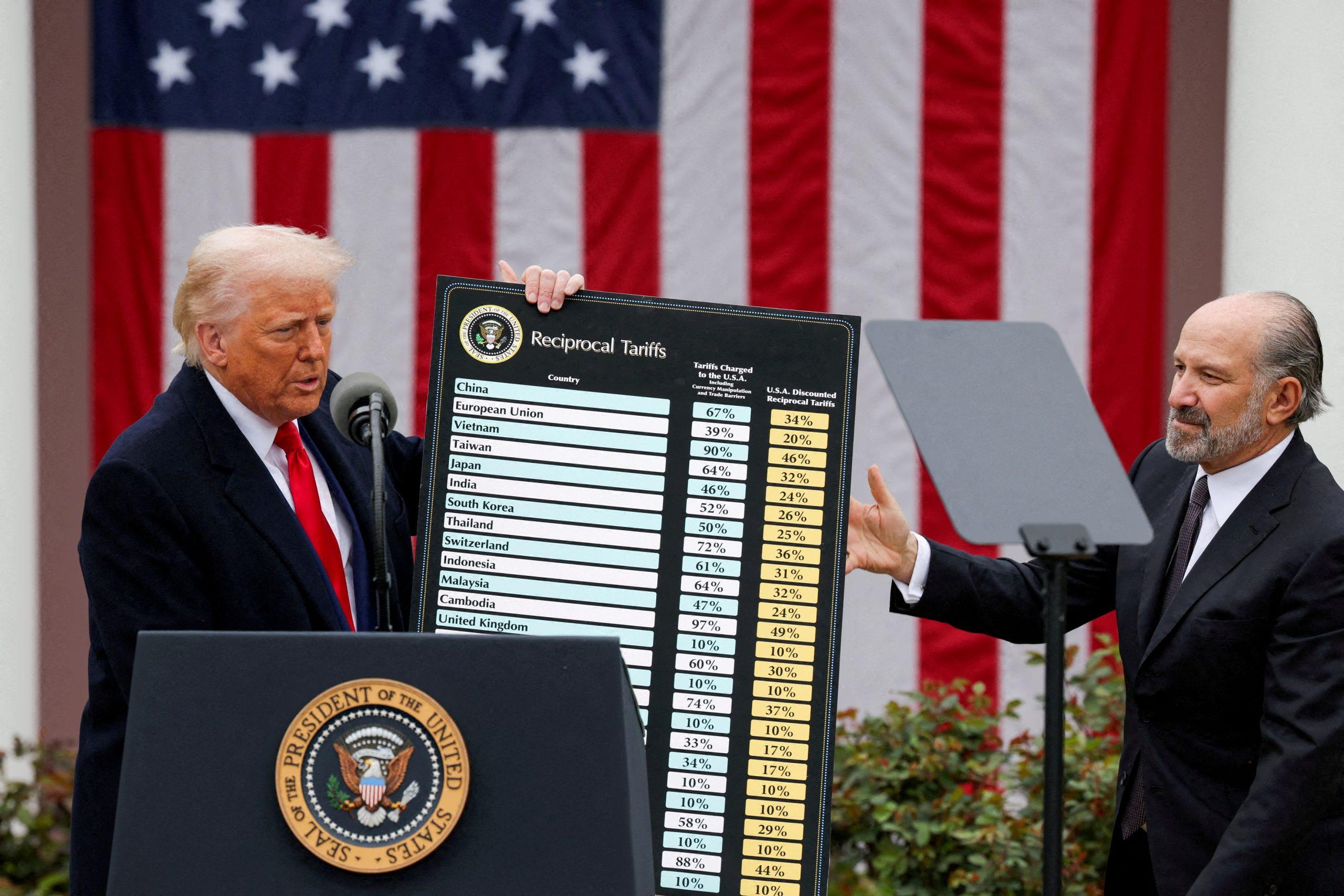












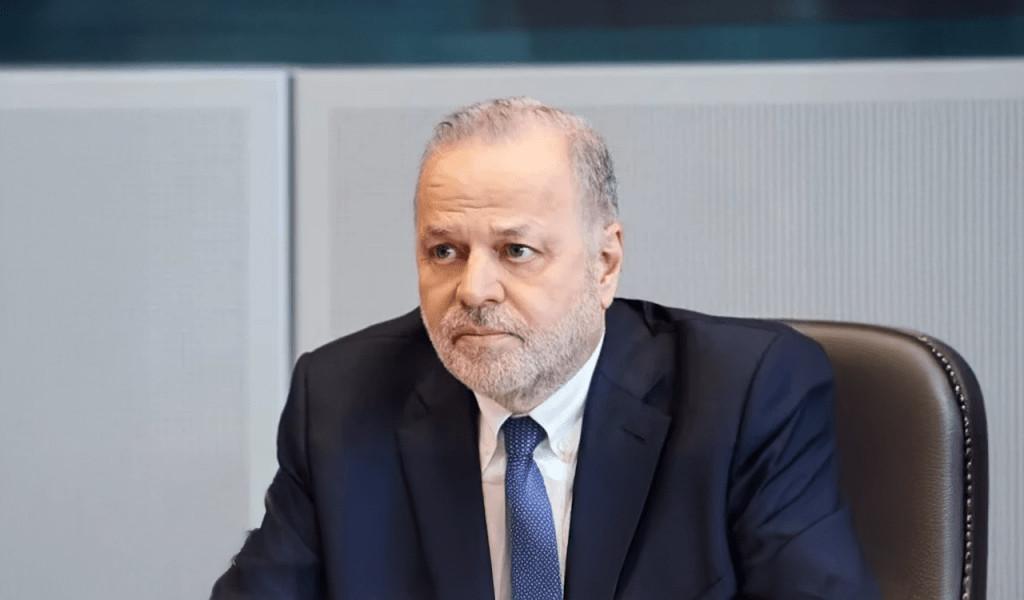

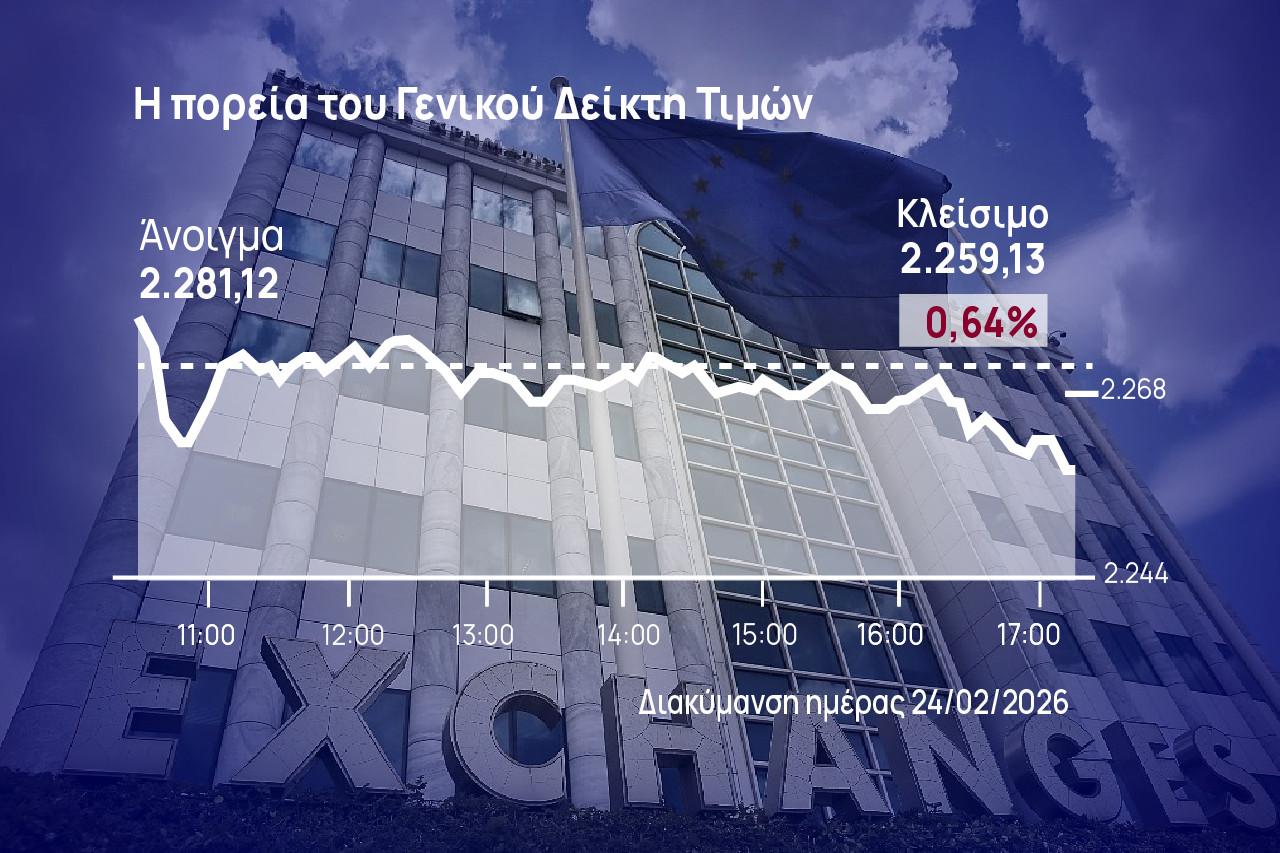
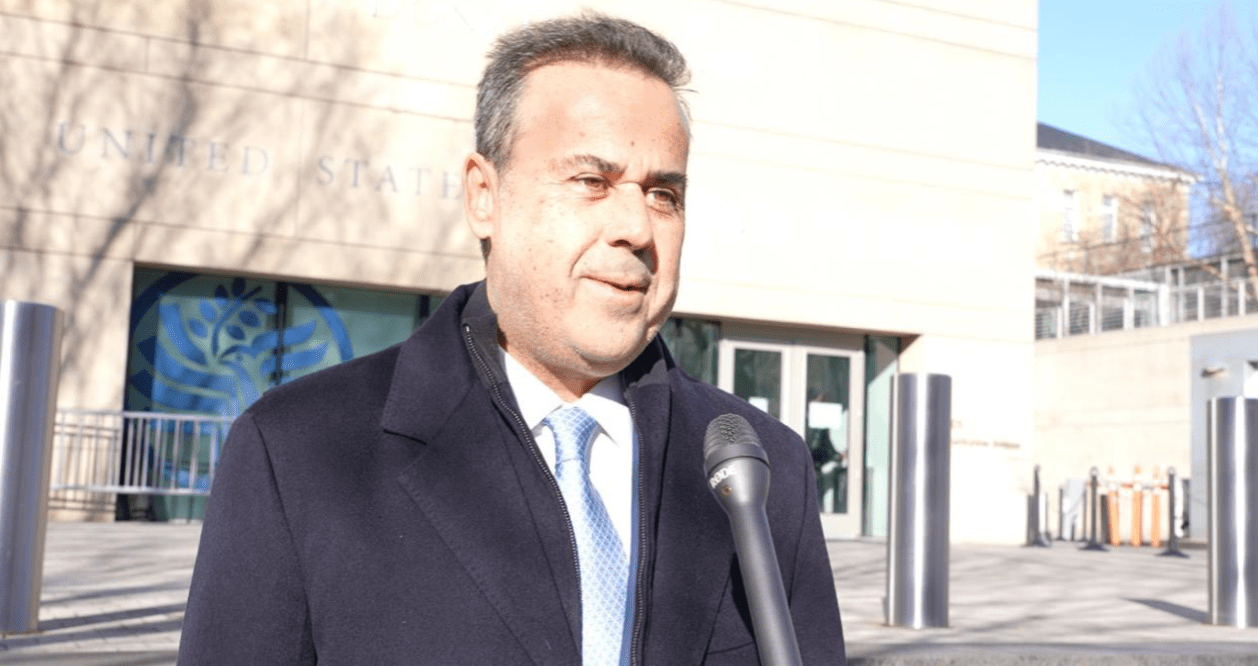



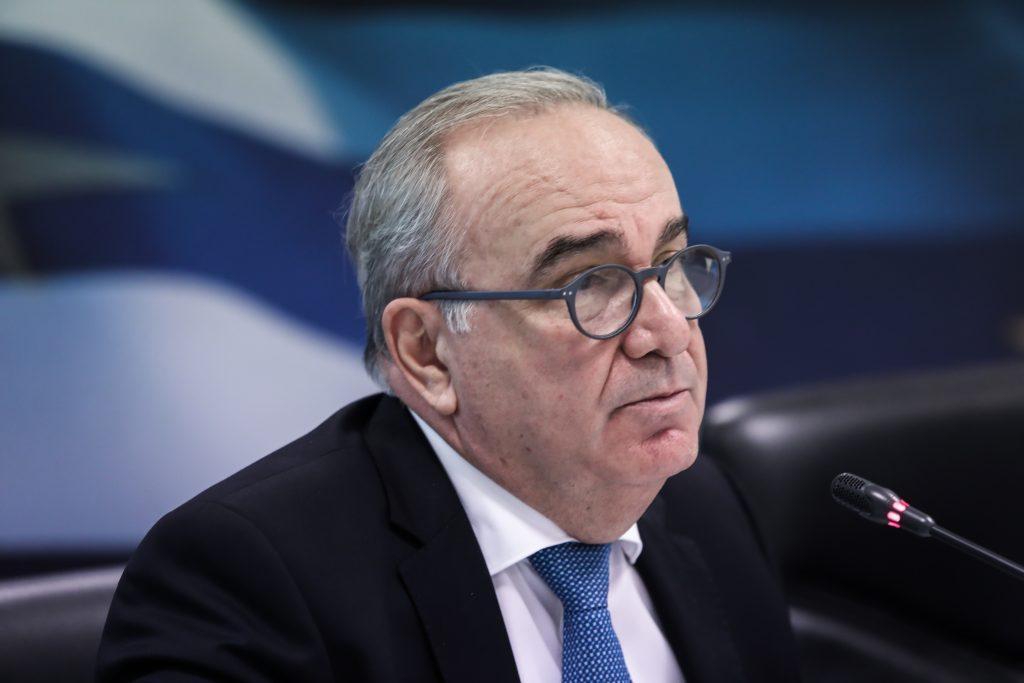
![Beta Securities: Σε φάση επέκτασης οι ελληνικές τράπεζες – Τι σηματοδοτεί το 2026 [Πίνακες]](https://www.ot.gr/wp-content/uploads/2026/01/ot_banks_2025-1024x600-1-1-1-1.jpg)

